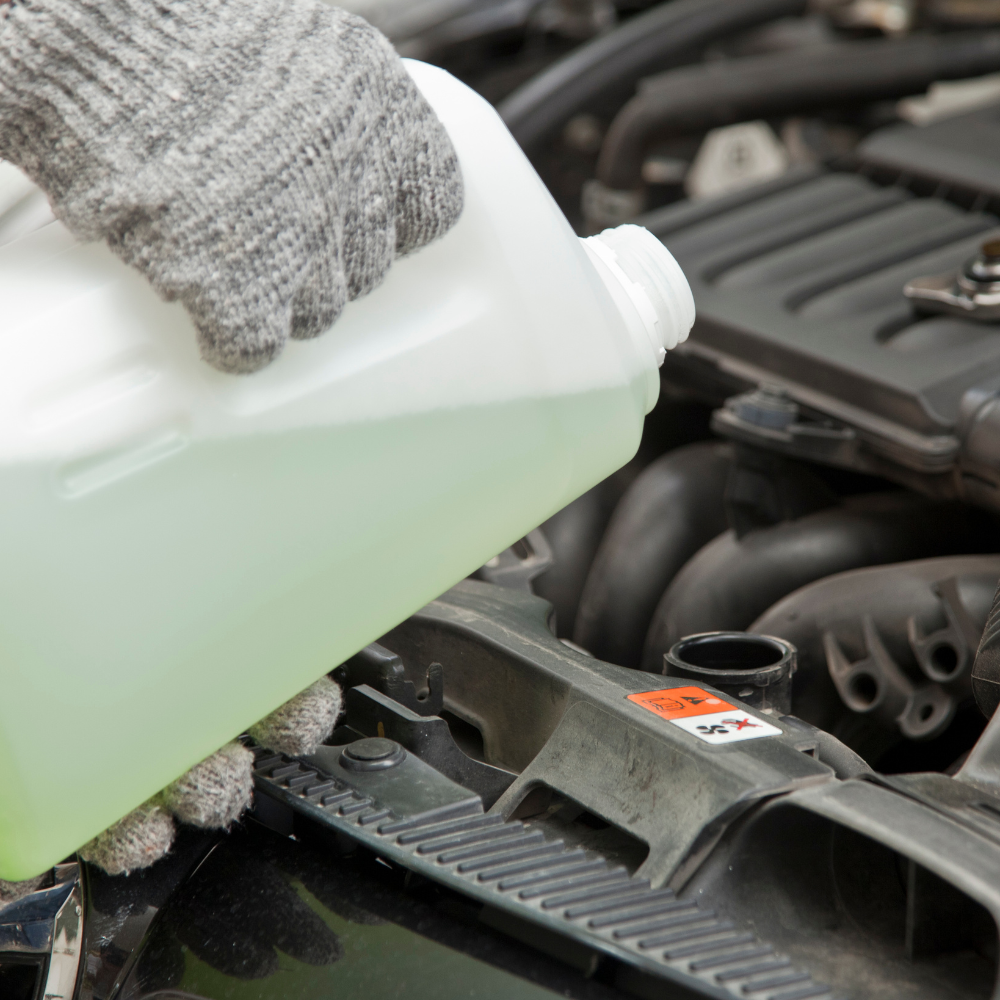Understanding the Role of Coolants in Diesel Engine Performance
Partnering with a diesel repair expert can help address coolant-related issues and maintain optimal engine performance.
Coolants are critical in maintaining diesel engines' performance and longevity. They regulate engine temperature, prevent overheating, and protect components from corrosion. For those who rely on diesel engines in heavy-duty vehicles or machinery, understanding how coolants function and their importance in engine maintenance is essential. Partnering with a diesel repair expert can help address coolant-related issues and maintain optimal engine performance.
Regulating Engine Temperature
Diesel engines generate significant heat during operation, and coolants help manage this heat effectively. Crowding through the engine, coolants absorb excess heat and transfer it to the radiator, dissipating it into the air. Maintaining the correct temperature prevents overheating, which can lead to serious damage to components such as pistons, cylinders, and gaskets.
Preventing Freezing And Overheating
Coolants contain antifreeze properties that prevent the liquid from freezing in cold temperatures. This feature is vital for diesel engines operating in extreme climates, as frozen coolant can expand and damage internal components. In hot weather, coolants help prevent overheating by raising the liquid's boiling point, allowing the engine to function efficiently under high temperatures.
Protecting Against Corrosion
Diesel engines, including aluminum, copper, and steel, contain multiple metal components and are susceptible to corrosion over time. Coolants are formulated with corrosion inhibitors that protect these metals from rust and chemical reactions. Regular monitoring of coolant conditions helps maintain its protective properties and prolongs the life of engine components.
Lubricating Moving Parts
Coolants also lubricate certain moving parts within the engine, such as the water pump. This lubrication reduces friction and wear, contributing to the engine's overall efficiency and durability. Components may experience premature wear without proper lubrication, leading to costly repairs or replacements.
Types Of Coolants For Diesel Engines
Several types of coolants are available for diesel engines, each designed to meet specific performance requirements. Traditional coolants, or Inorganic Additive Technology (IAT), are commonly used in older diesel engines. Organic Acid Technology (OAT) and Hybrid Organic Acid Technology (HOAT) coolants are more modern formulations, offering longer service intervals and enhanced protection. A diesel repair expert can recommend the most suitable coolant type based on the engine's specifications and operating conditions.
Signs Of Coolant Problems
Coolant issues can lead to decreased engine performance and potential damage if not addressed promptly. Common signs of coolant problems include frequent overheating, leaks, a drop in coolant levels, or discoloration of the coolant. A sweet or burnt smell may also indicate a coolant leak or contamination. Monitoring the coolant reservoir and conducting regular inspections can help promptly identify issues.
Maintaining Proper Coolant Levels
Maintaining the correct coolant level is essential for efficient heat transfer and engine protection. Low coolant levels can cause overheating and increase the risk of engine failure. Checking the coolant reservoir regularly and topping it off with the appropriate mixture of coolant and water secures consistent performance.
Flushing And Replacing Coolant
Over time, coolants can degrade and lose their protective properties. Flushing the cooling system and exchanging the coolant at recommended intervals is vital to engine maintenance. This process removes contaminants, old coolant, and buildup that can reduce efficiency. A diesel repair specialist can thoroughly flush and refill, restoring the cooling system to optimal condition.
Using The Correct Coolant Mixture
Coolants are typically mixed with water to achieve the desired freezing and boiling point protection balance. The ideal ratio of coolant to water varies based on climate and engine requirements. Using pre-mixed coolant or following the manufacturer's guidelines helps achieve the correct mixture for maximum effectiveness.
Partnering With A Diesel Repair Expert
A diesel repair expert has the knowledge and tools to effectively diagnose and resolve coolant-related issues. From inspecting the cooling system to replacing worn components, professional services help maintain diesel engines' performance and reliability. Regular maintenance by a qualified technician prevents costly breakdowns and extends the engine's lifespan.
Maximizing Engine Efficiency
Understanding the role of coolants in diesel engines is fundamental for maintaining efficiency and preventing damage. Coolants contribute to the overall performance of the engine by regulating temperature, protecting against corrosion, and providing lubrication. Routine maintenance, proper coolant selection, and professional inspections guarantee that diesel engines operate smoothly and reliably in all conditions. Partnering with a diesel repair expert is pivotal to the long-term health and functionality of the engine.
Enjoy well-maintained fleet trucks with windshields, welding, A/C system, Air system and air leaks, brakes and braking systems, cooling system, DEF/DPF system, electrical system, fuel systems, hydraulic systems, lift gate systems, and starting systems services from KTS Enterprise. We are committed to ensuring fleet truck safety and reliability.

